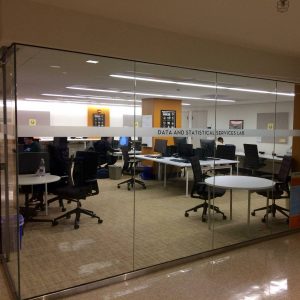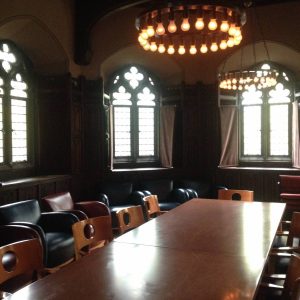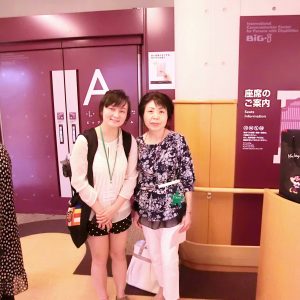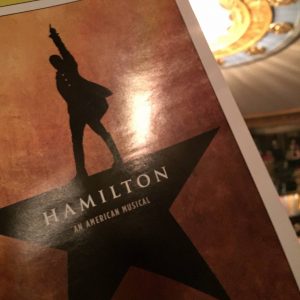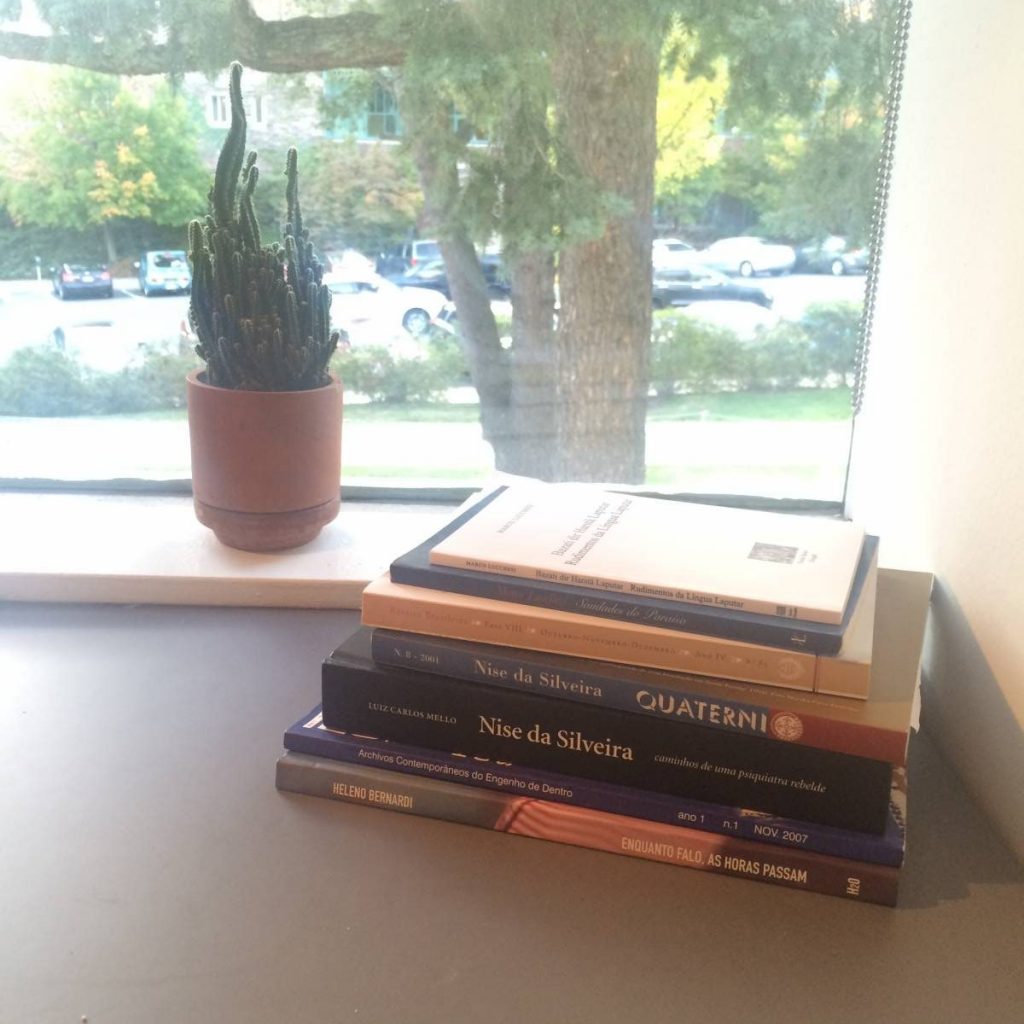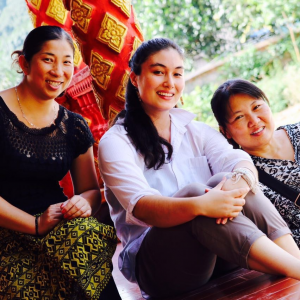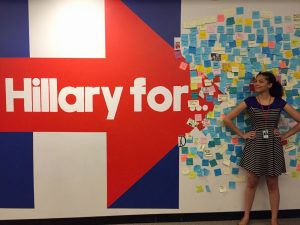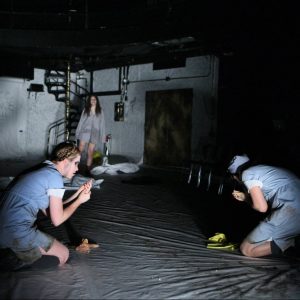In middle school, I remember being told that the best way to write an essay is with an outline. We would receive five-paragraph-essay worksheets, complete with a thesis statement, sub-arguments, and important supporting information. It was direct, simple, and structured.
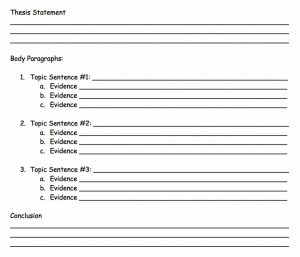
In this post, I hope to advocate for a different sort of writing. Outlines are certainly helpful organizational tools. But as I delve into my thesis, I find myself taking a more free-form approach. As I have previously written, I am writing on the legacy of pioneer Brazilian art therapist Nise da Silveira. Based on two months of ethnographic research, my thesis is about how da Silveira’s image is evoked and utilized by people who continue similar work. I have lots of interesting ideas, but no single, unifying argument. While writing an outline might be useful down the road, right now it would impose a limiting structure on my thought process.
Instead, I have decided to do what my friend Lily calls “Frankensteining.” To her, writing an essay is like creating Frankenstein’s monster: you have to find all the parts before you can sew them together and create a body. Lily explains:
“I think you need to Frankenstein when you’re developing any kind of complex argument because you can’t know what you’re going to say until you start figuring it out and seeing how different insights fit together. It’s writing as a nonlinear process — you don’t brainstorm and then write. They happen at the same time.”
Continue reading Frankensteining my Thesis: Writing Without an Outline


